What Is an Ethical Supply Chain—And Why Does It Matter?
NonProfit Quarterly
MARCH 27, 2025
Companies are now often expected to actively contribute to environmental protection and uphold high ethical standards throughout their supply chains. Ethical supply chains are defined as networks of production and distribution that operate in a manner respecting environmental sustainability, human rights, and ethical labor practices.

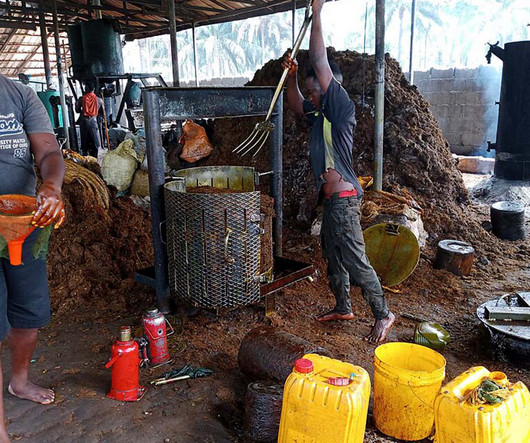
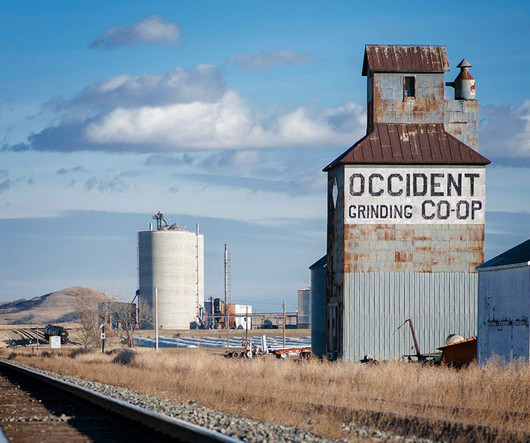







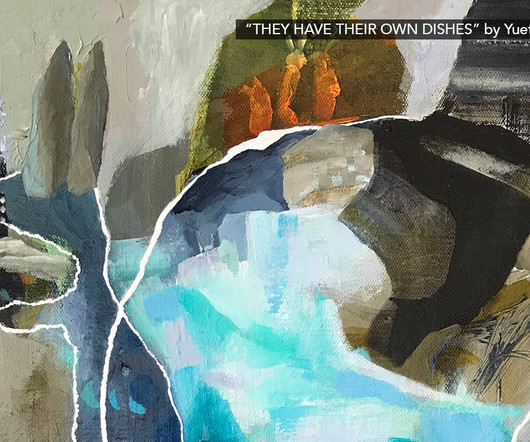

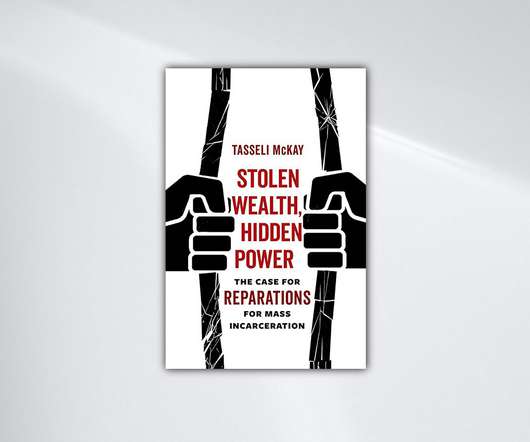
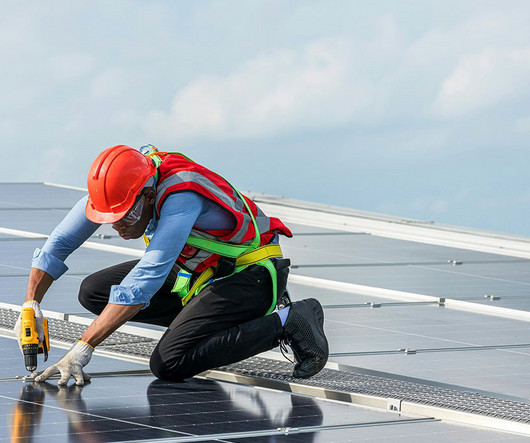






Let's personalize your content